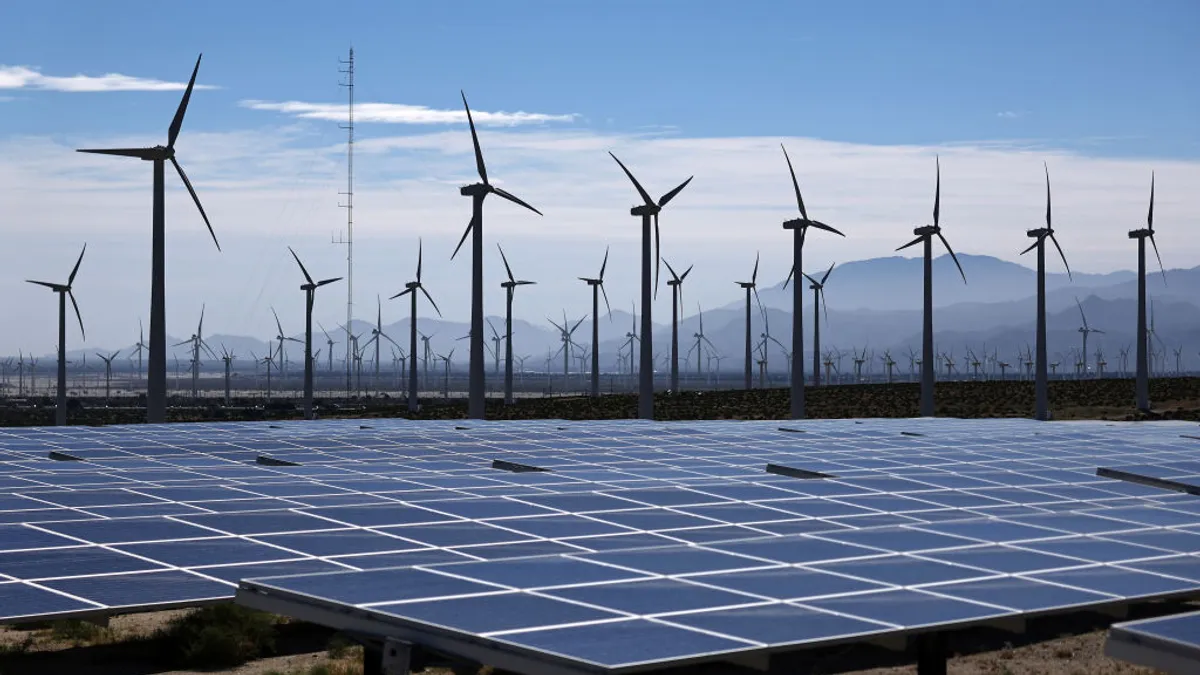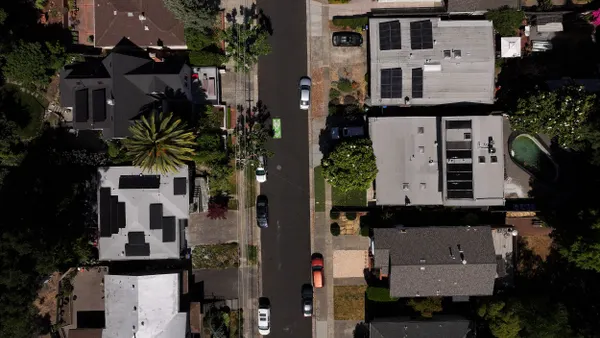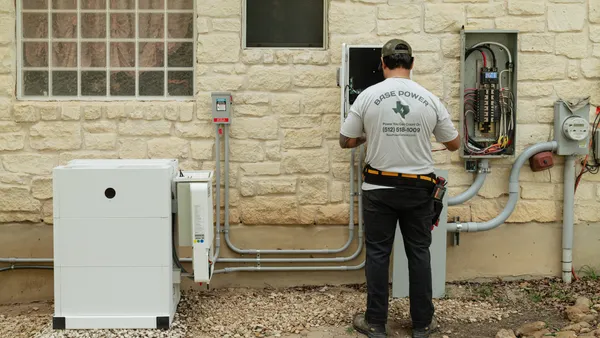Dive Brief:
- On Tuesday, the Federal Energy Regulatory Commission (FERC) rejected the PJM Interconnection's proposed stop-gap measure to allow demand response resources to participate in the wholesale market's upcoming capacity auction in May.
- FERC ultimately rejected the measure for being premature, arguing it could limit the agency's ability to resolve implications stemming from the case of the Electric Power Supply Association (EPSA) v. FERC. The case was appealed the Supreme Court after the D.C. Circuit Court vacated FERC Order 745, which allows demand response to participate in wholesale markets on par with generation resources. The Supreme Court has yet to decide whether to review the case.
- In rejecting the measure, the agency expressed concerns that "PJM's proposal introduces uncertainties that may exceed those it seeks to avoid, particularly with respect to potential unanticipated spillover effects on state programs and private sector arrangements," according to RTO Insider. "It is unavoidable that some uncertainty is inherent in the current stance of the EPSA case," FERC said.
Dive Insight:
The uncertainty continues over demand response's role in wholesale markets while the case at the heart of the debate hangs in limbo before the Supreme Court. If the justices decide not to take the case, the D.C. Circuit Court's decision to side with EPSA will stand — and FERC will have no jurisdiction over demand response in energy markets. If the Supreme Court decides to take the case, its decision is very likely to have wide-ranging implications for the power sector.
Demand response has been growing as a resource in these markets, but it has often come at the expense of traditional generation resources. It's no surprise, then, that EPSA represents the country's competitive power suppliers. It was joined in its brief urging the Supreme Court not to take the case by the American Public Power Association, the Edison Electric Institute, and the National Rural Electric Cooperative Association — trade groups representing the country's municipal utilities, investor-owned utilities, and electric co-operatives, respectively. If it stands, the current decision by the D.C. Circuit Court would be a great boon for traditional generation — and a blow to demand response.
The Supreme Court is expected to decide on whether it plans to review the case in April.














